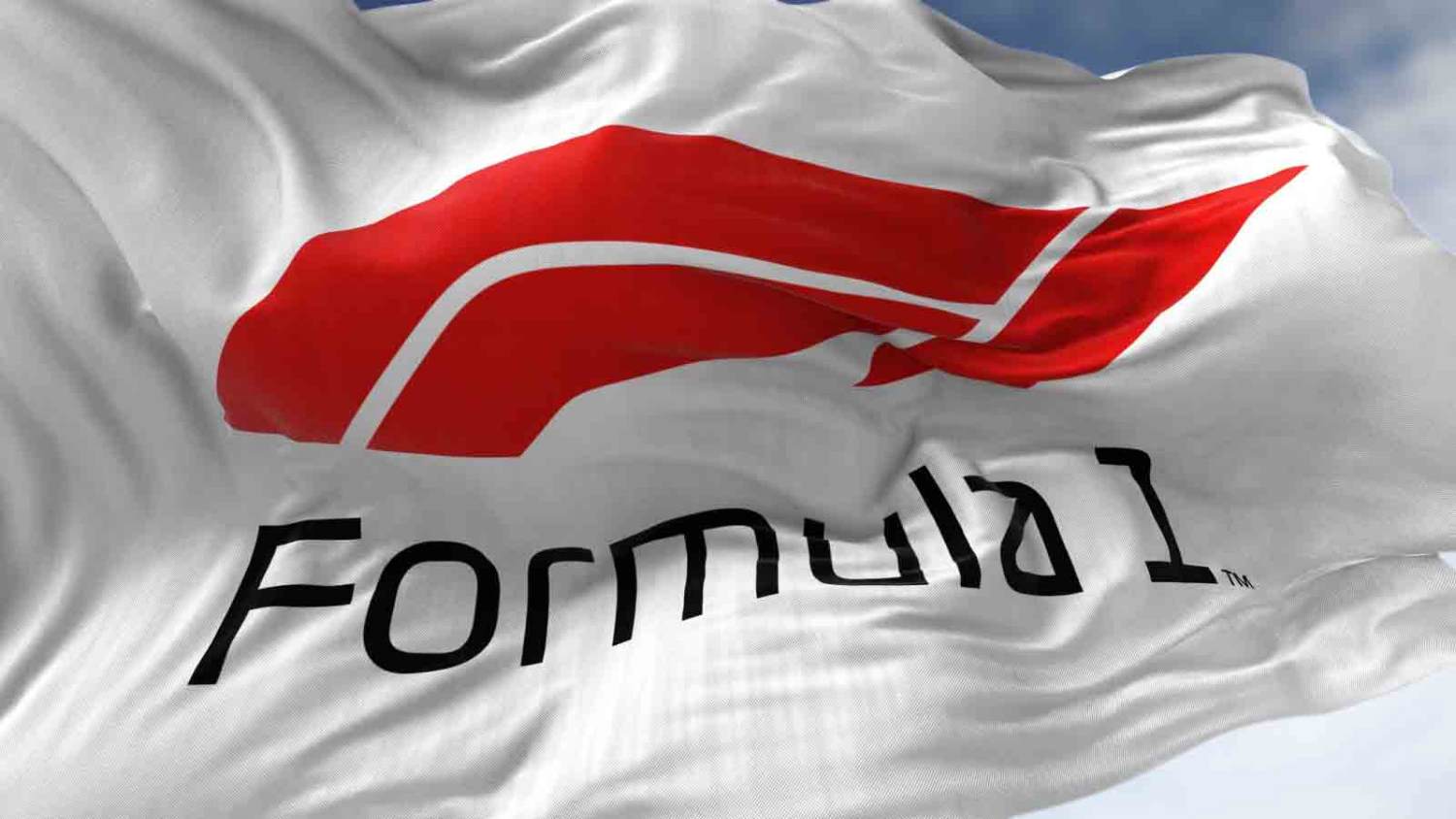F1 News: FIA announces key regulation change for 2025/2026
The Formula 1 rule book will have a whole new regulation section in F1 2026, the FIA has confirmed at its final WMSC meeting of 2024.
The FIA World Motor Sport Council convened today, 11 December, for its final meeting of 2024. Taking place during the FIA General Assemblies Week in Kigali, Rwanda, the meeting was chaired by President Mohammed Ben Sulayem with WMSC members joining in person and via video conference.
The FIA President, together with the President and CEO of FOM, Stefano Domenicali, reflected on a hugely successful season in 2024, which was the longest in the history of the sport. The productivity of the single-seater pyramid, which stretches from Karting through to Formula 1, was highlighted, with no fewer than four drivers stepping up from the FIA Formula 2 Championship into Formula 1 in 2025.
Minor updates to the 2025 Sporting and Technical Regulations were approved by the World Council, including the finalization of ‘Heat Hazard’ regulations which mandates the use of a driver cooling kit under certain, extreme weather conditions. This device was developed in collaboration between the FIA and the F1 teams over the past year.
A number of updates to the 2025 and 2026 Financial Regulations were approved to include an expanded definition of ‘Sustainability Initiatives’ that are excluded from the cost cap to encourage the continued push towards greater environmental sustainability.
Updates to the 2026 Sporting Regulations were updated to reflect changes already approved for 2025, in addition to the adoption of gender-neutral language throughout.
The 2026 Technical Regulations have also been refined, ahead of teams being able to work on the aerodynamics for the first time beginning on 1 January 2025.
A new section of regulations is being created for 2026 called Operational Regulations, aiming to regulate certain F1 Team activities that take place away from the race weekend. For this initial version of these regulations, certain elements that have historically been included in the Sporting Regulations have been transferred, such as limitations to aerodynamic testing, power unit testing and mandatory shutdown periods.
“For this initial version of these regulations, certain elements that have historically been included in the Sporting Regulations have been transferred, such as limitations to aerodynamic testing, power unit testing, and mandatory shutdown periods.”
Limitations of these types have been introduced and regulated in order to place caps on team spending and resources, as well as ensuring staff wellbeing through enforced shutdowns such as the mandatory two-week winter factory closure, and a similar gap during the summer break.
These shutdowns have become even more important in light of the F1 calendar swelling to 24 races in 2024.
